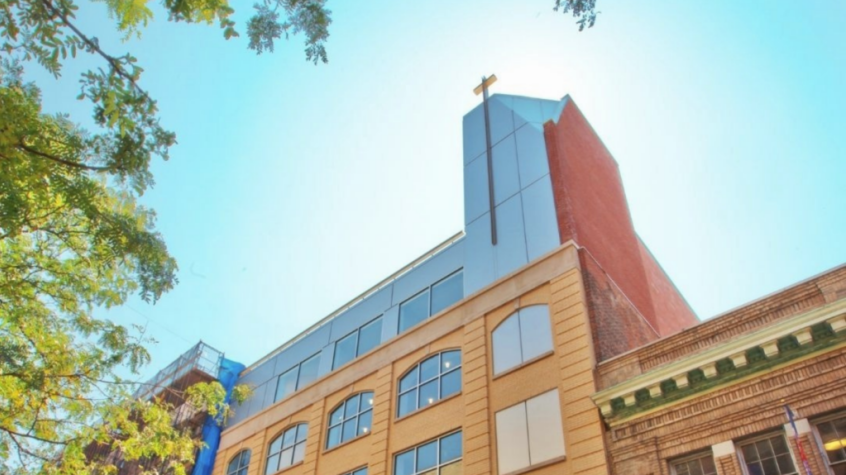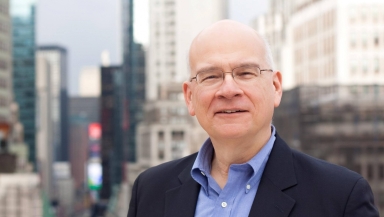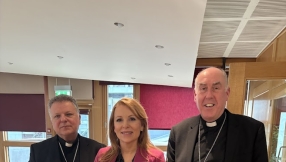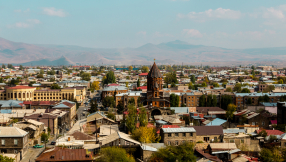
Megachurches "are poor places for formation and pastoral care", says respected pastor Tim Keller.
The founder of Redeemer Presbyterian Church in New York City said this shortcoming was "due to their size" and went as far as to say that it is a "deadly problem" for Christians.
Keller explained his issues with megachurches in a lengthy post on his Facebook page in which he said that these problems and others were the reason he had made the intentional decision to split his own megachurch into separate congregations rather than pass it on to a single successor.
After his retirement as senior pastor in 2017, Redeemer was divided into three congregations. The network has since grown to five separate churches located around New York City.
In the detailed Facebook post, Keller said it was never his intention "to build one megachurch" but instead create a "movement of the gospel" that would lead to the "multiplication of generative churches" and "diverse leaders".
He said that there could be some benefits to megachurches, such as being able to offer additional ministries like counseling centers and seminaries, but he said there were also problems "because megachurches have some design deficits".
"In general, they are poor places for formation and pastoral care due to their size. In our current cultural moment that is a deadly problem because Christians are being more formed by social media than local Christian community," he said.
"We need thick communities and the size of our churches factor into that."
He pointed to limitations around how invested church members could be in the immediate neighborhood of the church.

"Megachurches tend to draw people from great distances who then are not geographically close enough to take part in community building, discipleship, and local ministry to the neighborhood of the church," he said.
"It is harder for them to be other-focused in the local area," he said.
Keller said it would be more beneficial to have "10 churches of 400" people scattered around the city "rather than one church of 4,000 in the middle of it".
"Now, while still having the resources of a megachurch, through their size and model, they can be more nimble to the needs of those who attend and the surrounding area," he said.
Keller also explained some of the problems that can arise for both the congregation and the pastor of a megachurch.
He said that because megachurches grow large under their founder, they are "not usually sustained" when they are passed on to one successor.
For the successor too, it can be challenging because they are "always excessively and sometimes harshly compared in every way to the founder".
"It's lose-lose for them and the movement," he said.
Then there is the danger of the congregation forming an unhealthy attachment to the founding pastor.
"Because megachurches tend to grow fast under a founder, they usually depend too much on the gifts and personality of that founder so the sooner that addictive dependence is broken, the better," he said.
But Keller also warned that there were temptations for the megachurch pastor too: "Because often the founder comes to see the church as their personal possession - and an extension of their personality and self-image, they often never want to leave, nor do they know how to well. It is good to leave sooner rather than later as a spiritual discipline."













